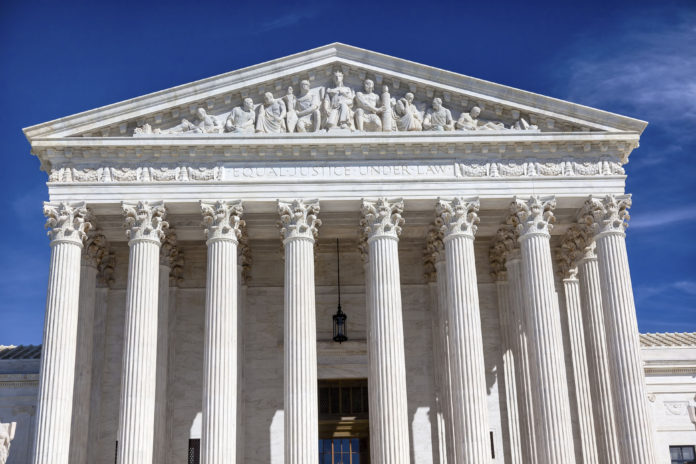Whether or not corporations can be sued for crimes against human rights that were committed abroad has always been a controversial issue among the American Courts.
For the most part, the consensus is that if the corporation violated rights of US aliens, but either the company or the aliens have strong ties to the US, then the case can be tried under the Alien Tort Statute of 1789. The statute itself is vaguely worded thus federal courts usually offer individual assessment before deciding if the act holds. The ATS states that “The district courts shall have original jurisdiction of any civil action by an alien for a tort only, committed in violation of the law of nations or a treaty of the United States.”1
In the past few days, a New York Federal Court in the Second Circuit ruled for the corporation in a case, which was appealed and will be heard by the Supreme Court.
The outcome of the case could set legal precedent
The case of Jesner v. Arab Bank, number 16-499 will be heard in October of this year.
This will not be the first time the question of moral liability of a corporation aligned with human violations arose before the court. The question first came up in 2011 but was not tackled until 2012. Even then, the Supreme Court did not answer the query but instead dug up another. The court asked whether it was even within the power of US courts to hear cases of crimes that were committed abroad. Again, the query went without an answer until the year 2013 when Chief Justice John Roberts Jnr ruled against Nigerian plaintiffs in a case against a Nigerian petroleum company. He cited that the plaintiffs had no credible contact with the US to do away with the ‘presumption against extraterritorial application’ that the ATS holds federal courts too.
The case is different this time around, hence the 2013 precedent cannot hold, the plaintiffs’ attorneys argued. The plaintiffs are activists and the victims of terror attacks in Palestine and Israel. Arab Bank, the defendant, in this case, is accused of laundering money through their New York office for the terrorist organizations responsible for the attacks. The corporation also faces charges of handling the recompense of families of suicide bombers.
“In our client’s cases,” said the plaintiffs’ lawyers, “the United Sates played a significant role in the grand scheme of things.” Arab Bank denied this stand through representatives who stated that everything involved in the case is foreign including the plaintiffs, the bank itself, and the location of the alleged crime. The bank’s lawyers argued that thus the case should not be judged under US law.
Indeed the case against Arab Bank is a unique one. Should the corporation be charged with human rights violations, the case will set a legal precedent allowing courts in the future to prosecute foreign corporations with any related dealings in the US for the same crime.




